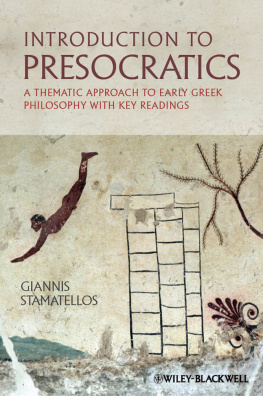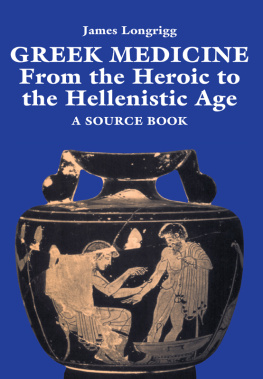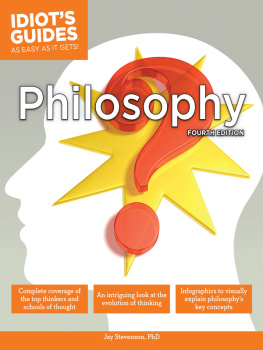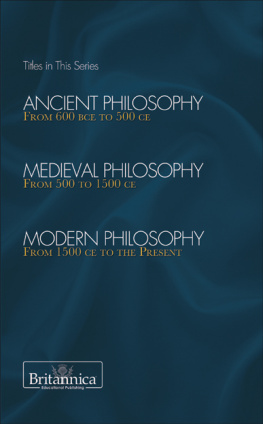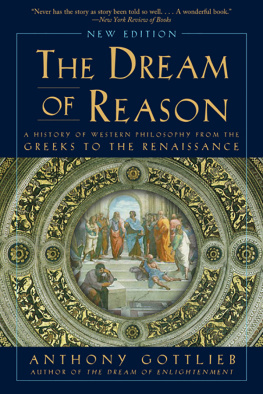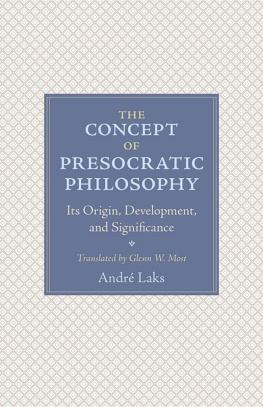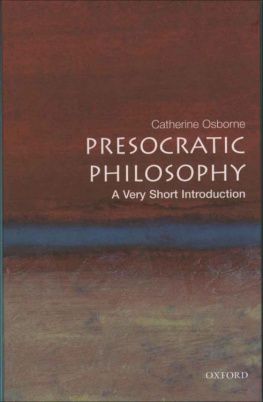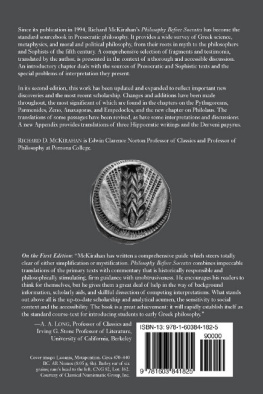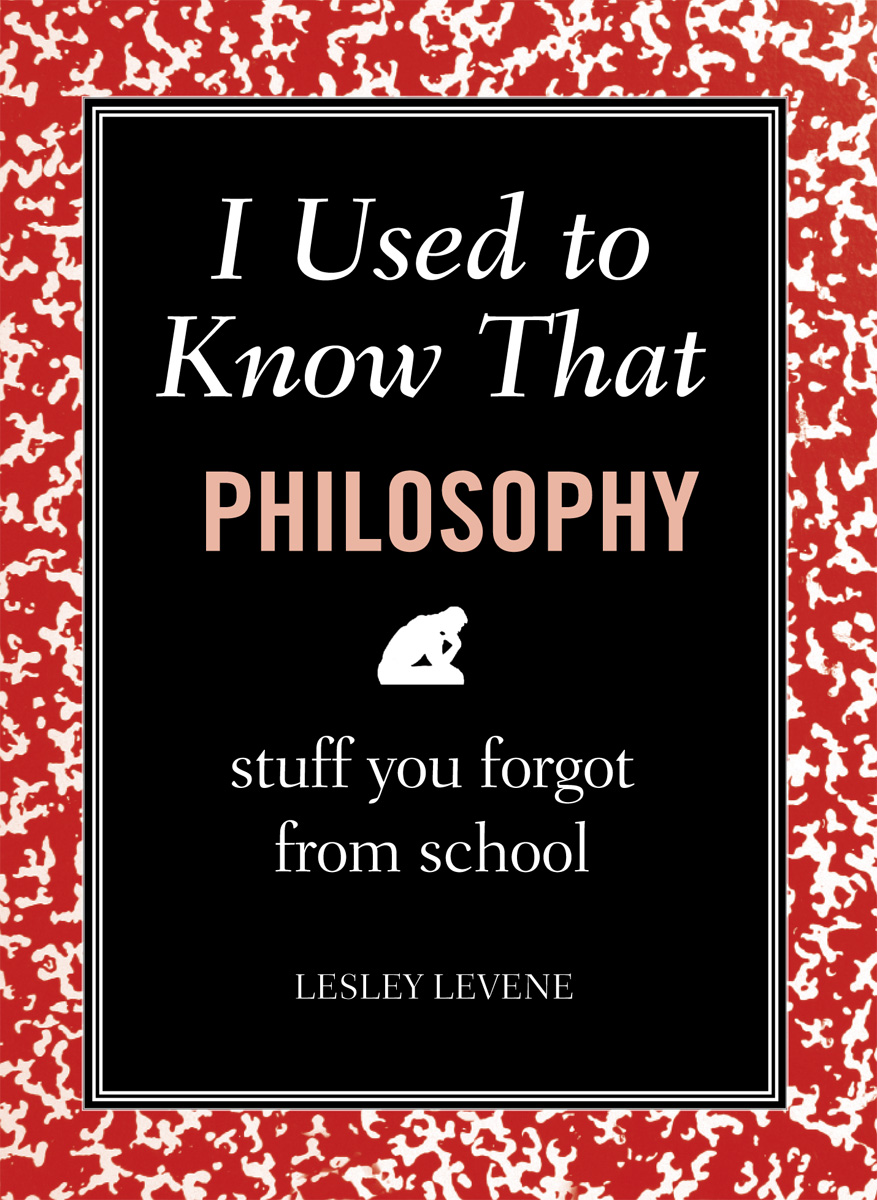Philosophy begins in wonder. And, at the end, when philosophic thought has done its best, the wonder remains.
A LFRED N ORTH W HITEHEAD
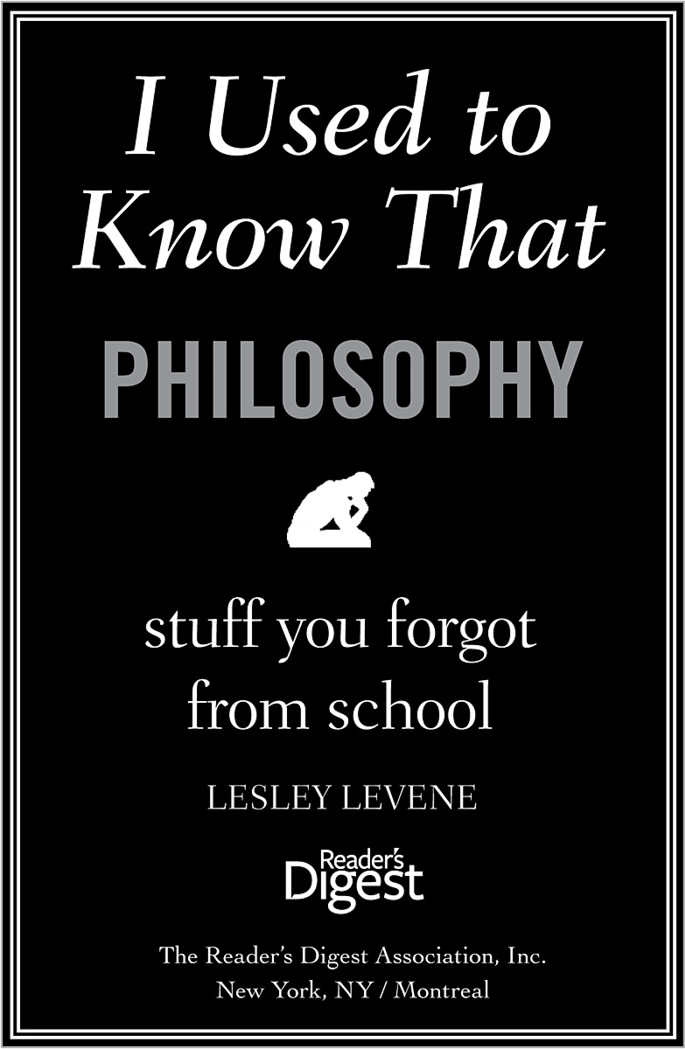
A READERS DIGEST BOOK
Copyright 2011 Michael OMara Books Limited
All rights reserved. Unauthorized reproduction, in any manner, is prohibited.
Readers Digest is a registered trademark of The Readers Digest Association, Inc.
First published in Great Britain in 2010 by Michael OMara Books Limited, 9 Lion Yard, Tremadoc Road, London SW4 7NQ
READERS DIGEST TRADE PUBLISHING
Consulting Editor: Susan Randol
Copy Editor: Barbara Booth
Project Production Coordinator: Rich Kershner
Senior Art Director: George McKeon
Executive Editor, Trade Publishing: Dolores York
Manufacturing Manager: Elizabeth Dinda
Associate Publisher, Trade Publishing: Rosanne McManus
President and Publisher, Trade Publishing: Harold Clarke
Library of Congress Cataloging in Publication Data
Levene, Lesley.
Philosophy : stuff you forgot from school / Lesley Levene.
p. cm. -- (I used to know that)
Includes bibliographical references and index.
ISBN 978-1-606-52304-9
1. Philosophy--Introductions 2. Philosophy--History. I. Title.
BD21.L44 2011
100--dc22
2011010083
Readers Digest is committed to both the quality of our products and the service we provide to our customers. We value your comments, so please feel free to contact us: The Readers Digest Association, Inc., Adult Trade Publishing, 44 S. Broadway, White Plains, NY 10601
For more Readers Digest products and information, visit our website:
www.rd.com (in the United States)
www.readersdigest.ca (in Canada)
1 3 5 7 9 10 8 6 4 2
I would like to thank Louise Dixon and Silvia Crompton at Michael OMara Books for their patience throughout, and various friendsespecially Annie Lee, Richard Sandover and Peter Spencerwho have helped by providing advice, books and a sympathetic ear or two. Moreover, I hereby swear that, in my other life as an editor, I will never again moan about authors who deliver their books late.
For Jose and Cyril Levene and Ruth and Peter Spencerall of whom have good reason to view life philosophically.
Contents
W HATS I T A LL A BOUT, T HEN?
All are lunatics, but he who can analyze his delusion is called a philosopher.
Ambrose Bierce, Epigrams
T he very fact that this book ranges over some two and a half thousand years suggests the answer: that there is no answer. What is clear, however, is that people have been asking philosophical questions in an effort to understand the world and their role in it for as long as records have existed.
In the introduction to his History of Western Philosophy , Bertrand Russell points out that philosophy straddles the fields of science and theology, attempting to apply human reason to speculations in areas where definite knowledge is not yet available. The fascinating thing is that as more knowledge becomes available, the questions still remain. Which is fine, because theres nothing like a bit of healthy speculationas long as you are well informed.
By looking at the development of philosophical ideas over time, placing individual philosophers against their historical and social backgrounds to get a sense of what was influencing their thinking, this book aims to provide you with the wherewithal to speculate with the best of them.
T HE P RESOCRATIC P HILOSOPHERS
T he name says it all: the Presocratics were around before Socrates. A number of early thinkers from the ancient world, some of whom might even have known of his ideas, can be grouped together under this heading. Dating from the late seventh century to the fifth century B.C. , they all attempted in their different ways to explain how the world was constituted and to explore the nature of reality. In other words, they were trying to answer the great Whats it all about, then? question.
The earliest Presocratic philosophers came from Ionia, midway along the west coast of Asia Minor. The area, which is now part of Turkey, had been colonized by the Greeks from about 1000 B.C. and, by the time our Presocratics came along, was home to a number of flourishing city-states. These prospered as a result of trade and cultural links with Egypt and Babylonia (present-day Iraq) to the east, both renowned for their ancient wisdom, as well as with the Greek colonies on the Black Sea and the Greek mainland farther west. Moreover, Ionia had a literary heritage linking it via Homer to the riches of Mycenae.
Such conditions must have fostered a vigorous intellectual life, because there certainly seems to have been much interest in speculative thought in the major centers of populationMiletus, Ephesus, Colophon and Samosand great thinkers from here, together with their ideas, gradually began to exert an influence that spread into the world beyond.
Thales
(C. 624C. 545 B.C.)
According to Aristotle, who presumably knew what he was talking about, Thales of Miletus was the first real philosopher, which makes him the founder not just of Greek but ultimately of European philosophy. Unfortunately, he left behind no body of work, so his opinions are known only from later reports, but he seems to have had wide-ranging practical and intellectual interests and was renowned as an engineer, a mathematician, an astronomer and a statesman. He is said to have traveled to Egypt, where he pursued his interest in trigonometryit was presumably some sort of mathematical hot spotand to have used Babylonian celestial charts to accurately predict a solar eclipse in 585 B.C.
What makes it possible to talk about Thales and the later Presocratics as philosophersrather than, say, brilliant mathematicians or astronomersis the fact that they believed the world had an underlying unity, something physical that could be pinned down, studied and understood rationally in order to identify how it had come into being. Of course, there was one small snag: they had no idea what this miraculous substance was.
There would be plenty of false starts, but the search itself signaled a move away from mythology as an explanation for events. Rather than looking to the frankly irrational behavior of the gods to answer questions about why things were as they were, these early philosophers attempted to come up with systematic accounts of the visible world in straightforward descriptive and analytical terms.
For Thales, water was the key. Having seen the way it could take on different forms (mist, ice and so on), he decided that water must be the basis of the universeliterally, in fact, since he thought that the flat earth floated on water and that earthquakes were caused when big waves hit the land.
He was cited as one of the Seven Wise Men by Plato in his Protagoras but was more the absent-minded professor in a number of anecdotes, such as the one that had him stumbling into a ditch because he was too busy studying the stars to watch where he was going.
Anaximander
(610546 B.C.)
Born in Miletus, Anaximander was quite possibly a pupil of Thales. Like Thales, he had a number of scientific interests: he produced the first (admittedly wildly inaccurate) map of the world, he studied meteorology (declaring that thunder was the banging together of clouds), and he introduced the gnomon (the upright arm of the sundial) to the Greek world. A statesman, too, he was chosen as leader of his citys new Black Sea colony, Apollonia. He was also Thaless successor on the philosophical front, actually writing down his ideasanother firstalthough he disagreed with the premise that water, or indeed any one physical element, could be the first principle.



